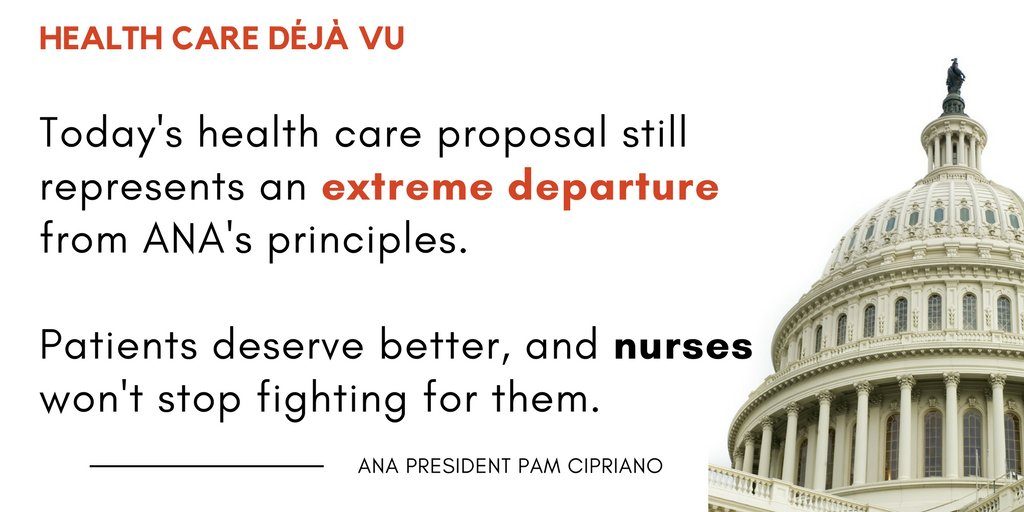The Congressional Budget Office (CBO) this week scored several versions of the misguided health care legislation put forward by Senate Republicans, finding that between 22 and 32 million Americans would lose coverage if any of these bills were passed into law. Public opposition from moderate senators including Susan Collins (R-ME), Shelly Moore Capito (R-WV), and Lisa Murkowski (R-AK) has forced Majority Leader Mitch McConnell (R-KY) to consider several possible paths forward, all of which will prove challenging.

- The Better Care Reconciliation Act (BCRA) was introduced in mid-June and would take away coverage for an estimated 22 million Americans. Its failure to garner support from a majority of Senate Republicans is why other bills are now in play.
- An updated version of the BCRA included an amendment from Sen. Ted Cruz (R-TX) that would deregulate the insurance market and allow providers to offer plans for those with pre-existing conditions that would be separate from (and likely much more expensive than) plans offered to those without. The CBO has not scored this bill, in part because it, too, lacks the necessary support to move forward.
- Yet another updated version of the BCRA that does not include the Cruz amendment received its CBO score earlier today, and would also result in 22 million losing coverage.
- The Obamacare Repeal Reconciliation Act (ORRA) was introduced yesterday, and would repeal the ACA without a replacement – commonly known as “repeal and delay.” Instead, Congress would be given two years to come up with an alternative plan. Over the next decade, CBO estimates that ORRA would cause 32 million Americans to lose coverage.
As McConnell continues trying to find a way forward, uncertainty over which version of repeal will be put to a vote next week – and whether it would include a replacement for the Affordable Care Act (ACA) or not – is a fitting conclusion to a process that has lacked transparency and failed to incorporate the expertise of healthcare providers, including America’s 3.6 million nurses.
The American Nurses Association continues to oppose these efforts because they all fail to meet our principles for health system transformation.
Each of the bills under consideration would:
- Lead to unaffordable premiums for seniors and individuals with pre-existing conditions.
- Cut or cap Medicaid and end state-based Medicaid expansion, which would have a devastating impact on those who can’t afford health care in the private market.
- Worsen the opioid and suicide epidemics, at a time when states are struggling to cope with the toll these epidemics have taken.
Nurses have joined with concerned citizens across the country to make their voices heard, and are closer than ever to defeating these bills. It’s critical that we send a clear message to our representatives: reforming America’s health care system should be done in a transparent and bipartisan manner, and include input from those who care for and treat patients every day.
Senate Republicans, however, are continuing to negotiate, which is why concerned advocates should continue calling their Senators and urging them to follow a process that allows adequate time for public input and embraces common-sense fixes to the ACA. Making health care better isn’t impossible, as long as nurses are given a seat at the table.

 What happens next? The CBO will evaluate Version 2.0 and release a score on Monday. The CBO’s report will assess the impact of the new bill and predict how much it will cost or save the Federal Government. In the
What happens next? The CBO will evaluate Version 2.0 and release a score on Monday. The CBO’s report will assess the impact of the new bill and predict how much it will cost or save the Federal Government. In the